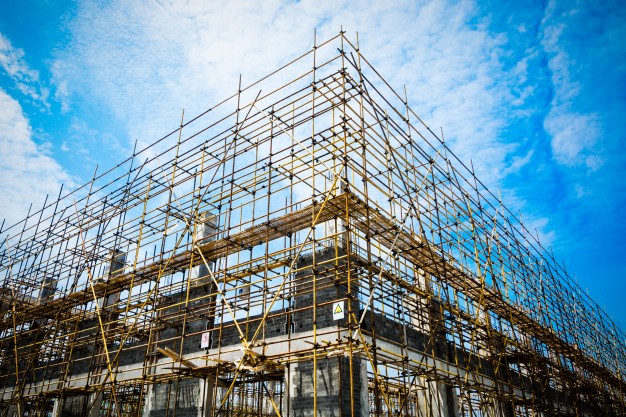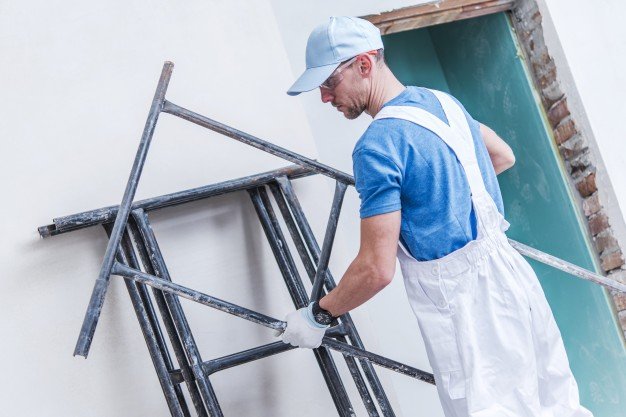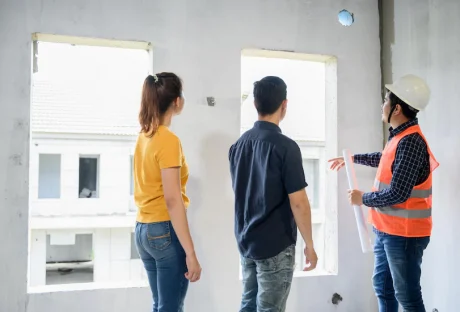Scaffoldings are one of the most critical support structures for any construction project, whether a small-scale or large scale one. Scaffolding is an integral part of the construction industry because it helps improve safety or security on the construction site, increase the productivity of workers, and make construction work a lot easier.
Construction work may be challenging to accomplish without the proper trestle scaffolding for the job, and this is why it is of the utmost importance that you get the appropriate one.
If you’re currently in the market searching for scaffolding for your construction project, then read on as this article will help you find the right one.
What Scaffolding Type Do You Need?
Much like other construction equipment and support structures, scaffoldings are not a one size fits all type of equipment, and there is a specific type scaffolding for a particular construction repair project.
One of the most commonly used types of scaffolding belongs in the category of supported platform systems, which include trestle scaffolding. This type of scaffolding is usually made up of metal parts that are held together by a plank, clamps, and supported by trestles that could also be combined with a ladder.
Materials:
One crucial factor to consider when buying scaffoldings are the materials used in making them; this is because materials are a determinant of product quality. Buying scaffoldings that are made up of low-quality materials are not durable and could breakdown quickly, causing accidents that might lead to severe injuries.
According to an article by OSHA, out of the thousands of worker mortalities in the year 2018, about 20% were in construction. Buying high-quality scaffoldings is a must to ensure the safety of workers and builders to prevent unwanted accidents. Also, scaffoldings made with high-quality materials last for a much longer time, offering a much higher level of safety for a more extended period.
Price:
Most construction projects operate with a specific budget; because of this, you might get tempted to buy cheaper alternatives for your scaffolding equipment. This is not an advisable thing to do because you will be jeopardizing your project and putting the lives of workers or builders in danger.
Cheap scaffoldings are usually made up of low-quality materials that are not durable, making them flimsy support structures. You would be better off buying reasonably-priced scaffoldings because you can rest assured that they are durable and will not cause unwanted accidents.
Choose a Local Scaffolding Services Company:
You might get tempted to buy scaffoldings from other countries because some of them might be a cheaper alternative, but doing this is not a wise decision. Buying from other countries does not assure you that the products you are going to acquire are the real deal; you might get counterfeits or fakes.
An advantage of buying from a local scaffolding company is that they are easily accessible, in case you have any questions about the equipment or if something is not functioning right.
Another benefit of choosing a local company is that they abide by specific scaffolding standards of a particular region. This means you will be confident that the scaffoldings you are using follow the appropriate criteria.
Investing in the right scaffolding equipment is significant because choosing the wrong one could endanger your life and the lives of other workers and builders.
Read Also:























